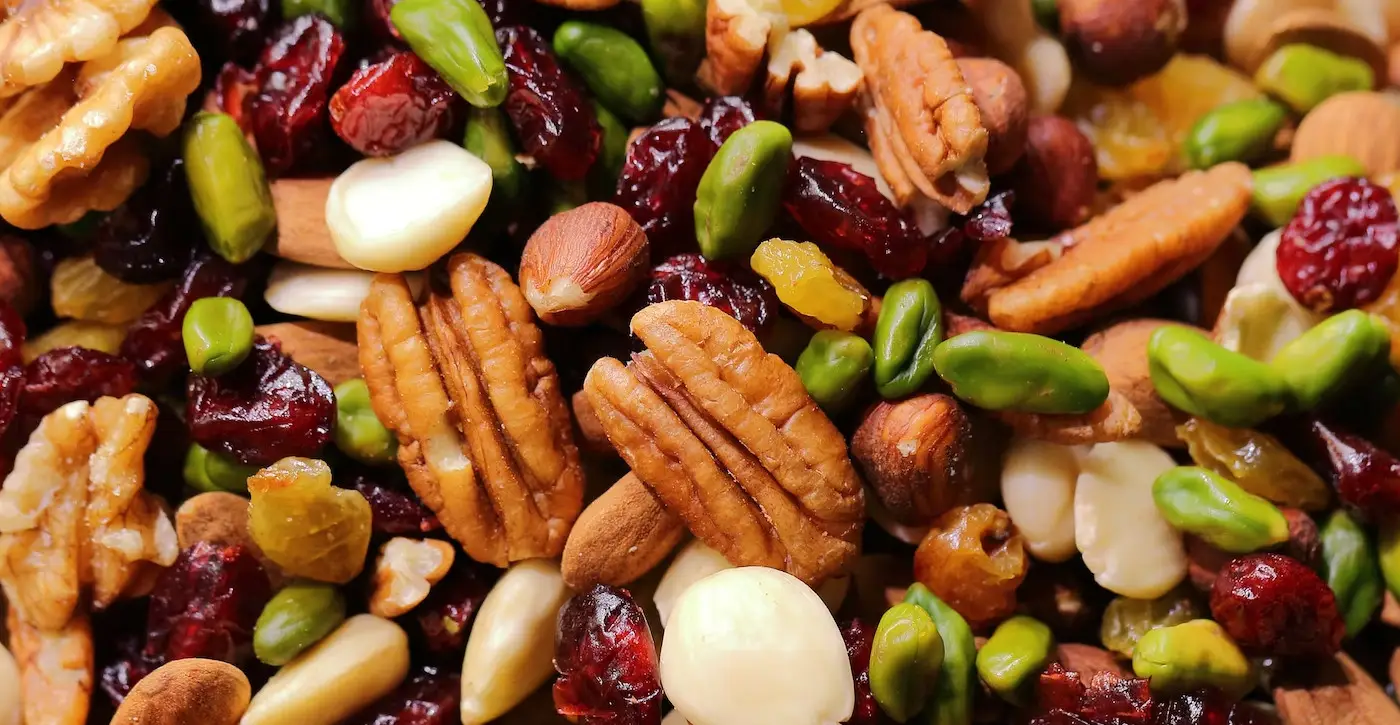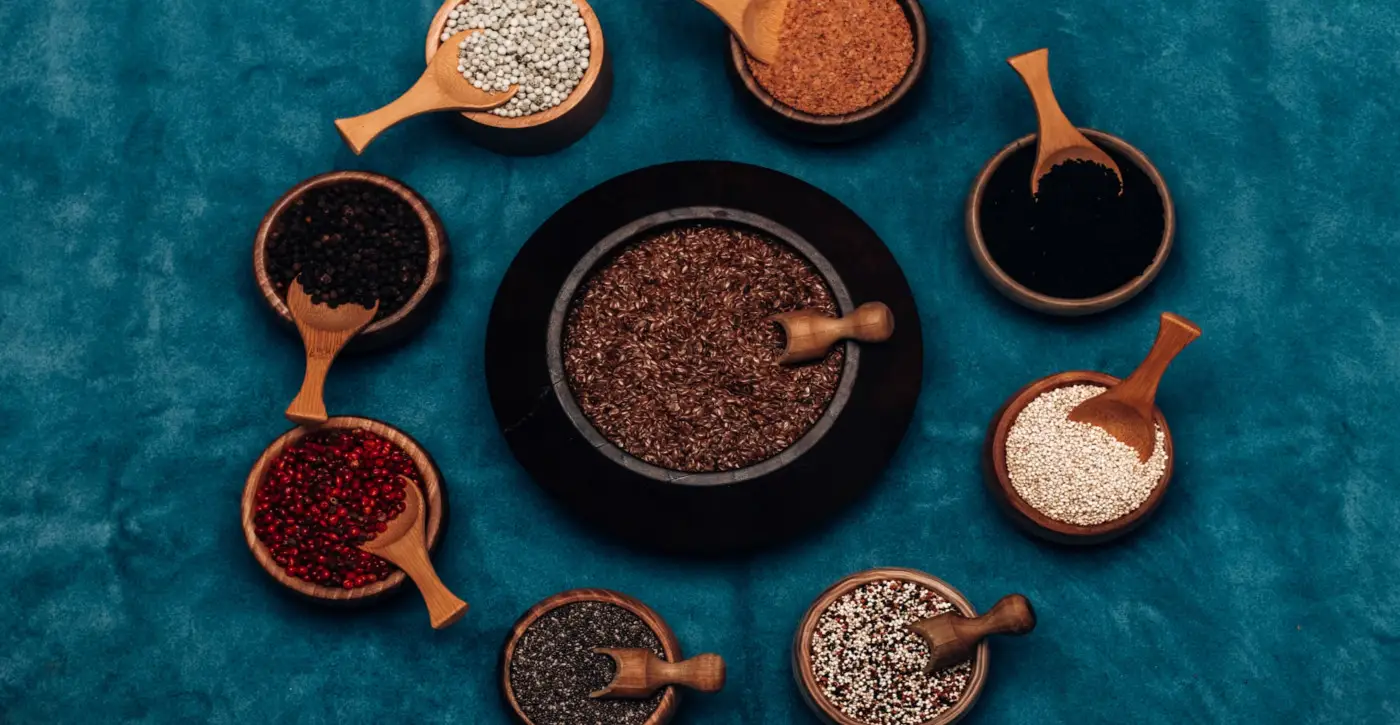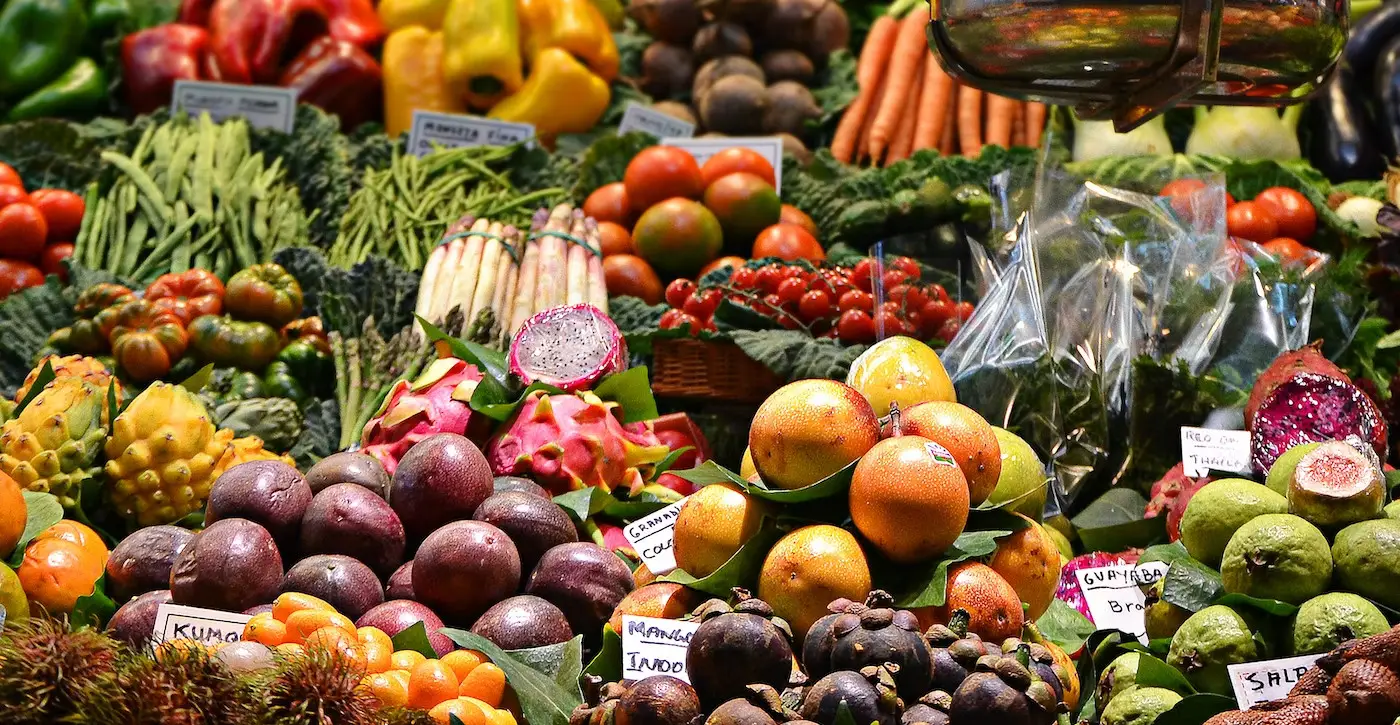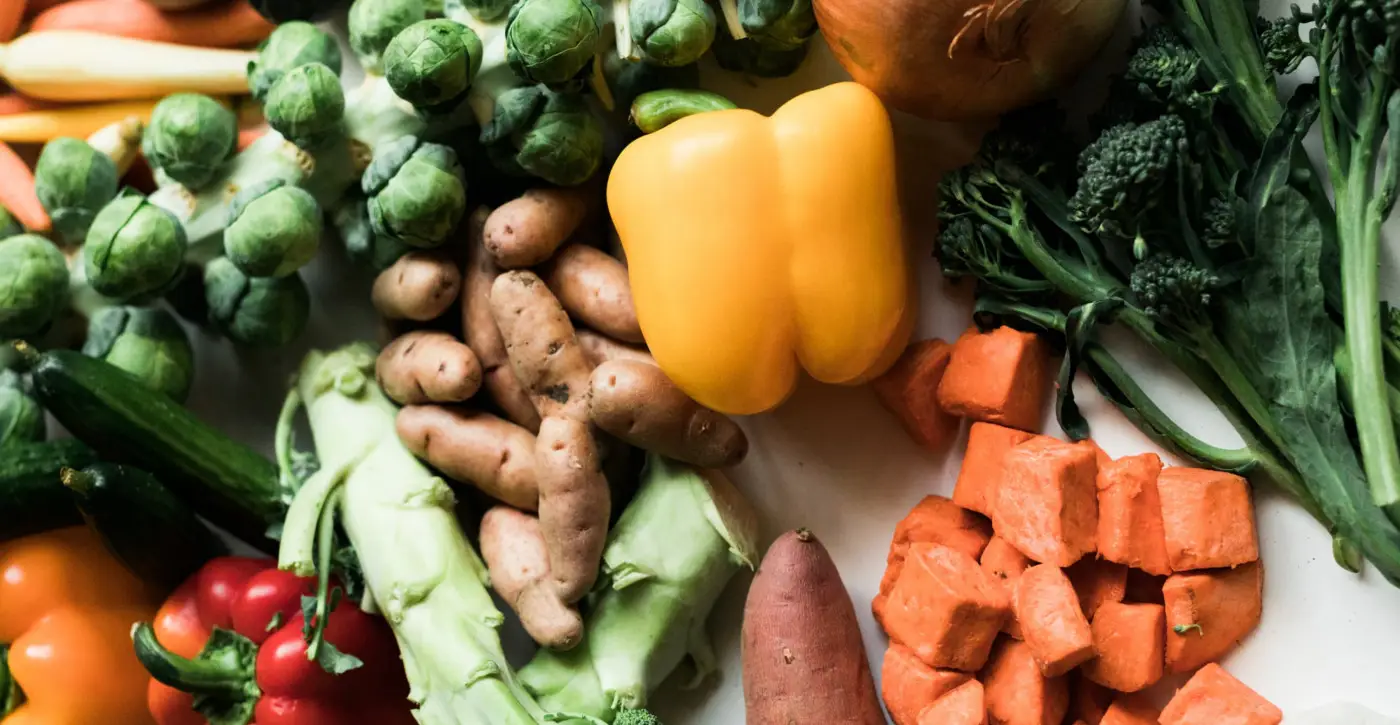Pine Nuts Lysine and Arginine Info Sheet
Overview
Pine nuts are the edible seeds of pine trees, which are coniferous trees that produce cones.They have a soft, crunchy texture and a mild, buttery flavor.
Pine nuts are high in healthy fats, protein, fiber, iron, magnesium, manganese, and vitamin K.
They may help lower cholesterol, improve blood sugar, and support bone health.
They are also commonly used in pesto, salads, and desserts.
| Name | Lysine (mg/100g) | Arginine (mg/100g) | Ratio |
|---|---|---|---|
| Pine Nuts | 91mg | 474mg | 0.192 |
Pine Nuts contains 91mg of Lysine and 474mg of Arginine per 100g of product.
This means Pine Nuts has a low Lysine-Arginine ratio of 0.192.
Because Pine Nuts contains much higher levels of arginine than lysine, limiting its consumption is recommended by people who suffer from herpes, as it may trigger outbreaks.
Lysine Considerations
Pine nuts are a moderate source of lysine, an essential amino acid that plays a role in collagen synthesis, wound healing, and immune function.
It is one of the nine amino acids that the human system cannot make by itself, so it has to come from the food we eat.
Lysine has many functions in the body, such as helping with growth, healing, energy, immunity, and collagen production.
Lysine may also have some effects on the herpes virus, which causes cold sores and genital sores.
Studies have suggested that taking lysine supplements or applying lysine cream may help prevent or treat these infections by blocking the amino acid arginine, which the virus needs to grow.
Arginine Considerations
Pine nuts are a high source of arginine, another essential amino acid that is involved in nitric oxide production, blood vessel dilation, and muscle growth.
Arginine has different benefits for our overall health and performance, such as lowering blood pressure, enhancing wound healing, and increasing exercise endurance.
Arginine can also affect the herpes virus, which causes cold sores and genital herpes.
Studies suggest that arginine may help the virus grow and cause outbreaks, so people with herpes may want to avoid foods that are high in arginine or take lysine supplements to block its effects.
Lysine-Arginine Ratio
Pine nuts have a low lysine-arginine ratio, which means they have more arginine than lysine.
This may be beneficial for people with high blood pressure, cardiovascular disease, or erectile dysfunction, but it may be harmful for people with herpes virus infections, as arginine can trigger or worsen outbreaks.
Lysine and arginine are both amino acids that are involved in protein synthesis and other metabolic processes.
That said, they have opposite effects on the herpes simplex virus, which causes cold sores and genital herpes.
Lysine can slow down the replication of the virus, while arginine can stimulate it.
Because of this, eating foods that have a high lysine-arginine ratio may help reduce the frequency and severity of herpes flare ups.
Some examples of foods that have a high lysine-arginine ratio are dairy, fish, poultry, fruits, and vegetables.
These foods can provide the body with enough lysine to block the availability of arginine by the virus, and thus prevent its growth and spread.
Dietary Considerations
Nuts are generally abundant in arginine and not very high in lysine, which makes them unfavorable for people with herpes.
Arginine can stimulate the replication of the herpes virus, while lysine can inhibit it.
Nuts that have the highest arginine to lysine ratio include peanuts, almonds, walnuts, and hazelnuts.
These nuts should be avoided or consumed in moderation by people with herpes.
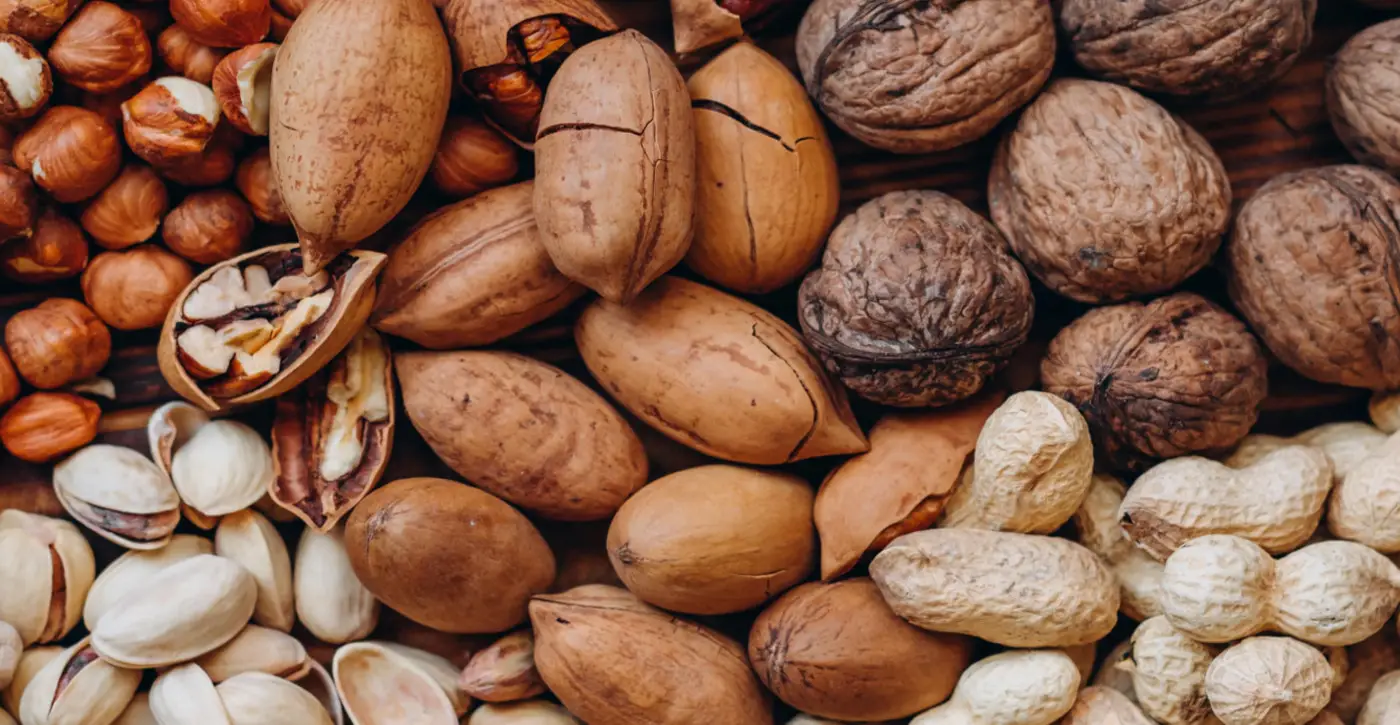
For example:
A well-balanced and healthy diet that strengthens your immune system and lowers inflammation is important.
This means you should eat a lot of fruits, vegetables, whole grains, lean protein, and good fats, and avoid processed foods, added sugars, alcohol, and caffeine.
You may want to take l-lysine supplements.
L-lysine is known to prevent herpes outbreaks and it can help stop a cold sore in its initial stages by "starving" the virus of arginine before it has a chance to cause a cold sore.
Your immune system can be weakened and inflammation can be increased by foods that can cause allergic reactions or sensitivities, such as gluten, dairy, nuts, eggs, or shellfish.
Avoid these foods to avoid outbreaks.
Try eating foods that can enhance your immune system and reduce inflammation to avoid outbreaks.
Some of these foods are honey, yogurt, aloe vera, and chamomile.
They can also help you with your symptoms by easing pain, swelling, and itching, and accelerating your recovery.
Check more food information
